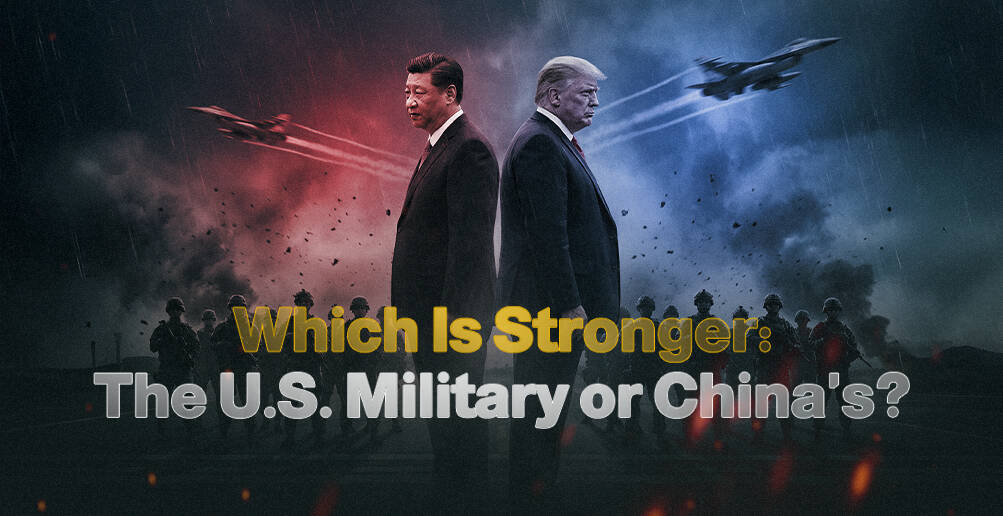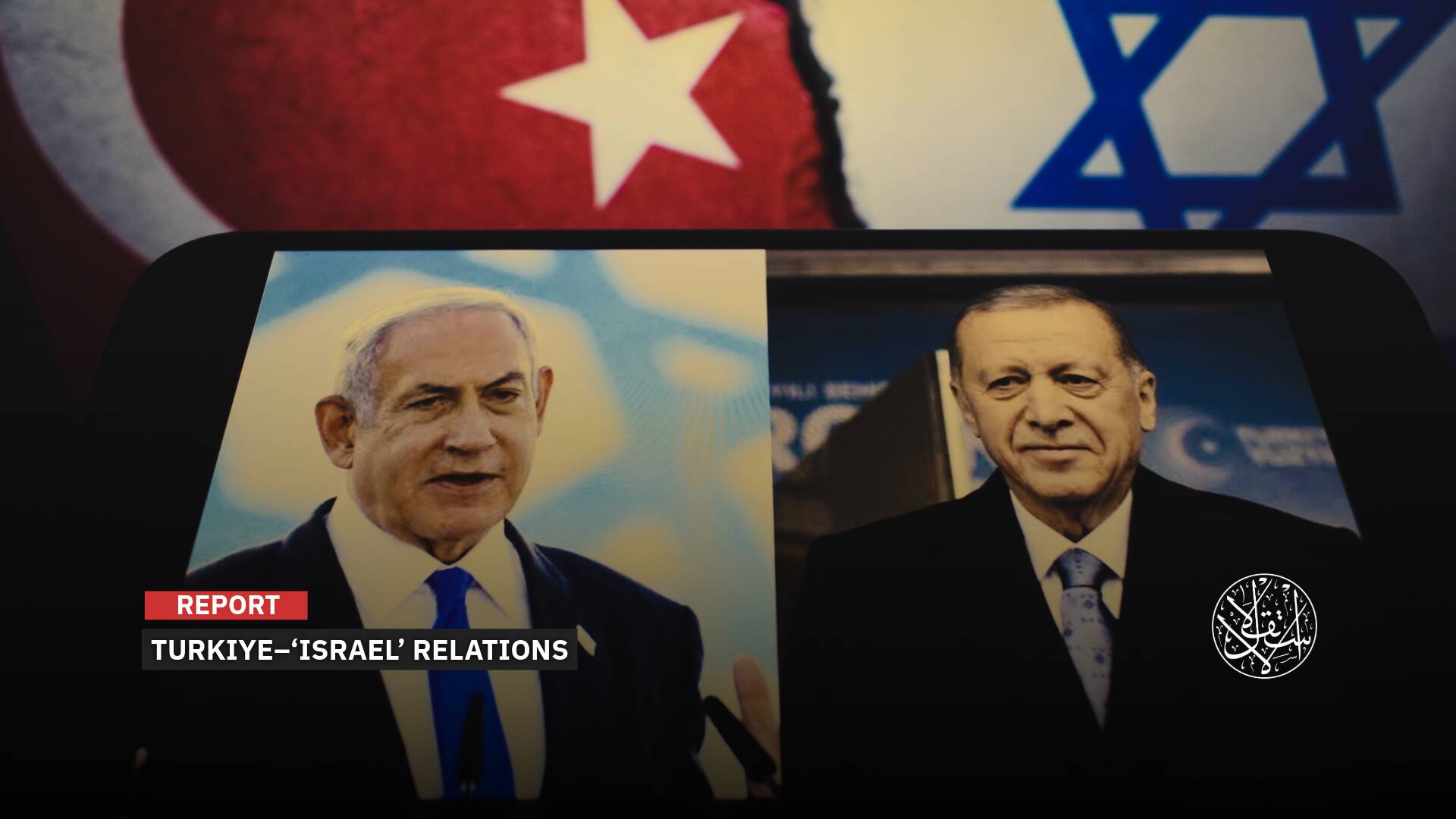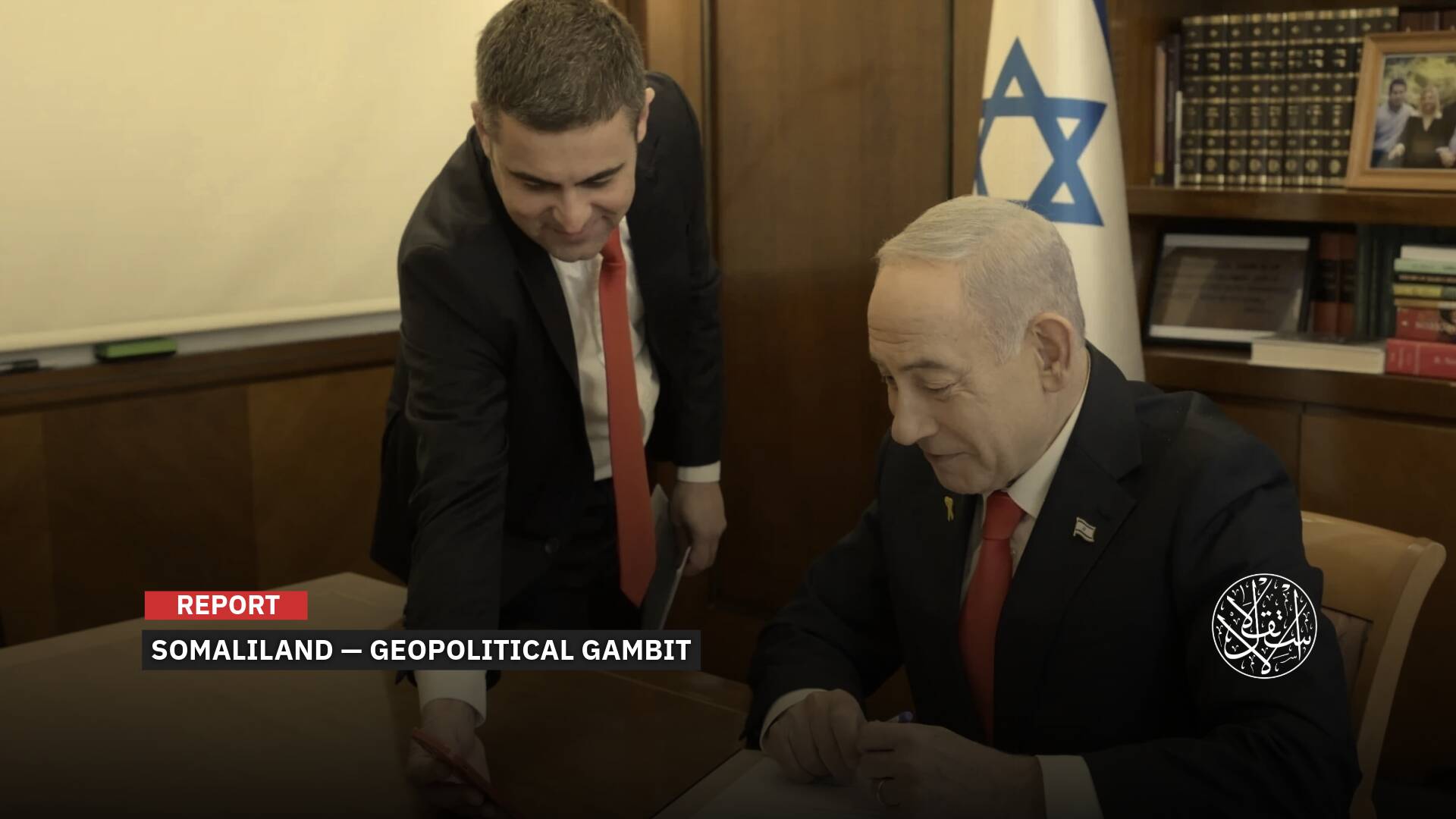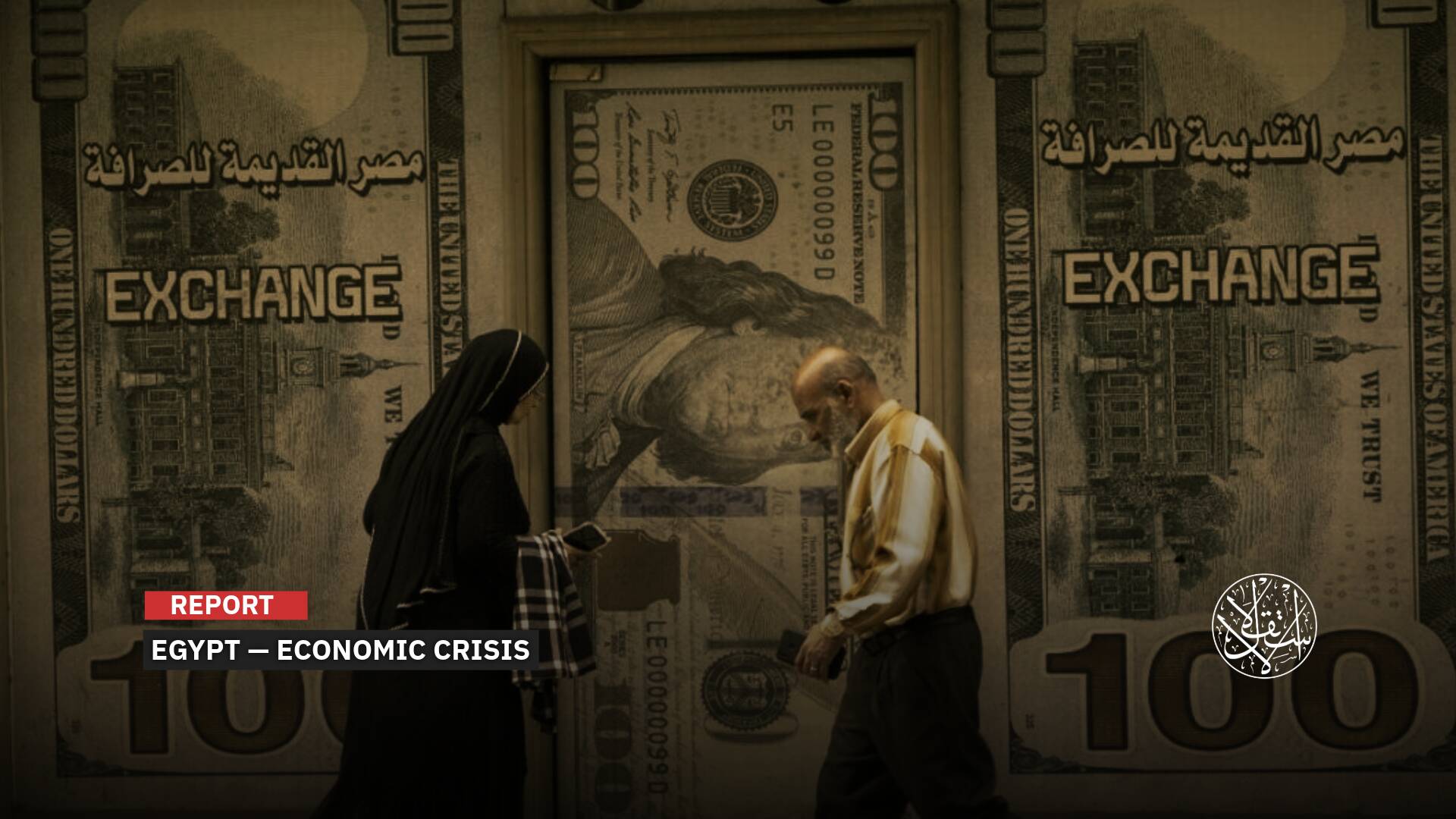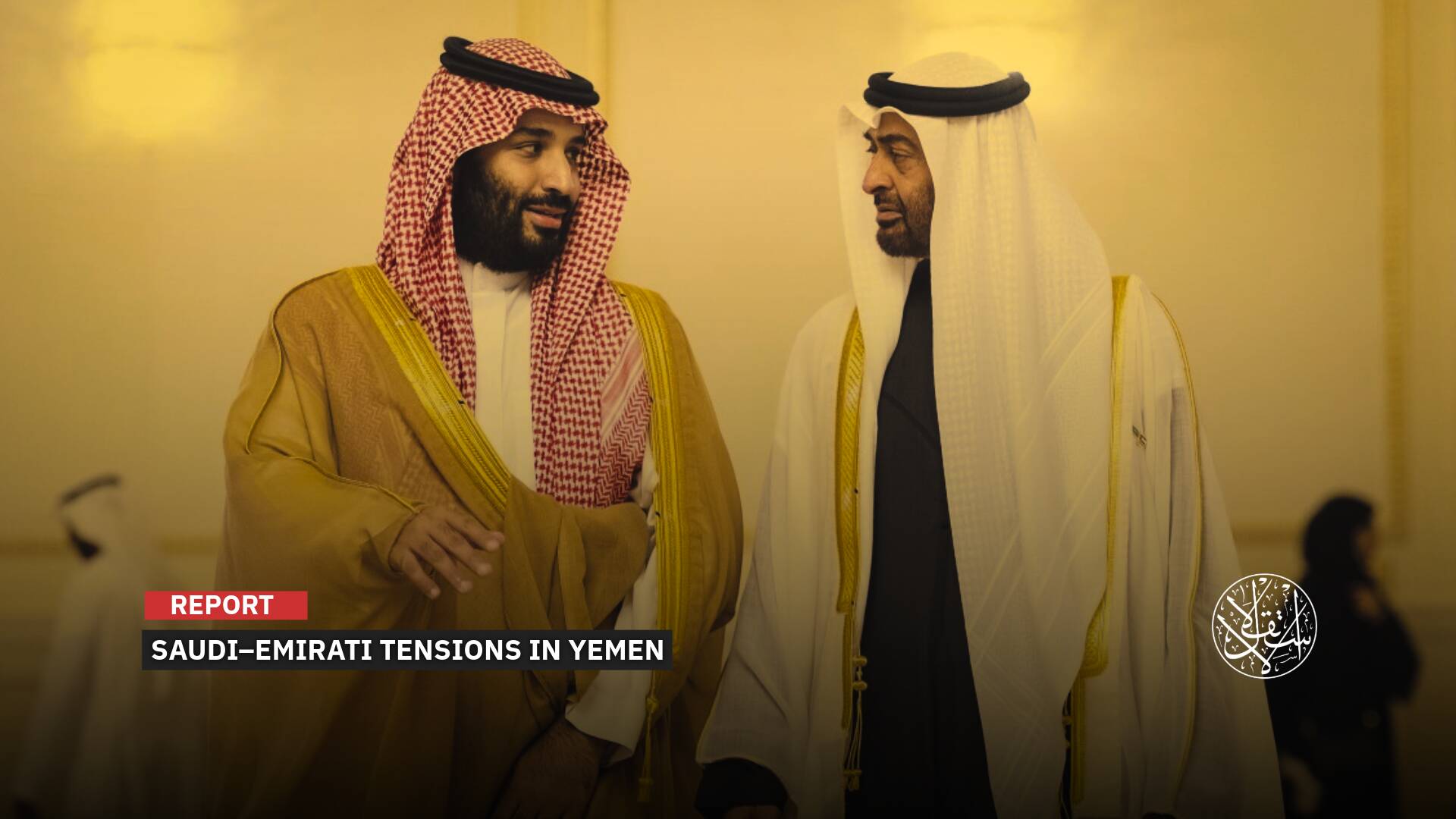Trump 'Forced' Netanyahu to Accept the Gaza Deal: How and Why?

Trump vows to launch a 'fierce war' against the Hague's International courts.
Last Friday evening, Steven Witkoff, President-elect Donald Trump’s Middle East envoy, called from Qatar to tell Benjamin Netanyahu’s office that he would be coming to “Israel” the following afternoon. The aides, noting it coincided with the Shabbat, assured him that the prime minister would be pleased to meet him later that evening.
“Witkoff's blunt reaction took them by surprise. He explained to them in salty English that Shabbat was of no interest to him. His message was loud and clear,” Israeli journalist Chaim Levinson of Haaretz wrote.
“Thus in an unusual departure from official practice, the prime minister showed up at his office for an official meeting with Witkoff, who then returned to Qatar to seal the deal.”
This story, along with similar accounts from Israeli media such as the Times of Israel, ties the swift approval of the deal to Trump’s pressure and threats to Netanyahu.
Meanwhile, questions are arising about Trump’s true motives and what “gift basket” he promised Netanyahu in return.

Assaults and Threats
As Netanyahu faced a tough time with the rising toll of Israeli soldiers (50 in 100 days and 13 in a single week), mounting pressure from the families of Israeli captives, and demands from both Trump and Biden to end the war, he was shocked by Trump releasing a video that implicitly referred to him as a “deep dark son of a b****.”
Trump’s reposting of the video was a clear signal that he was sending an indirect message of anger, laden with insults toward Netanyahu, accusing him of obstructing the prisoner swap deal with Hamas. This showed that Trump’s previous threat of “hell” for Hamas was also directed at Netanyahu, according to Israeli analysts.
Trump's pressure and insult directly impacted the negotiations. Within 48 hours, the deal was signed, with “Israel” conceding to many of Hamas's demands and abandoning its red lines.
The reason was that Trump was unwilling to bear the costs of the Gaza war. He had his own agenda, goals, and calculations, which forced Netanyahu and his extremist Zionist government team to accept the deal, lured by “gifts” in return, according to both American and Israeli newspapers.
Levinson explained in Haaretz on January 13 that there were signals from Jerusalem, a week before Trump’s inauguration, indicating that the Washington shift (Trump’s victory) was what changed the game and got the stalled deal moving.
“Witkoff isn't a diplomat. He doesn't talk like a diplomat, he has no interest in diplomatic manners and diplomatic protocols,” a senior Israeli diplomat who spoke on condition of anonymity told Lavinson.
“He's a businessman who wants to reach a deal quickly and charges ahead unusually aggressively.”
The Times of Israel also confirmed on January 15 that Netanyahu changed his mind after a “tense” meeting with Trump’s representative, during which he was insulted in a way he did not expect.
“Israel’s approval of the deal came due to Trump’s pressure, not out of a moral or humanitarian commitment to the hostages,” Former Israeli Prime Minister Ehud Barak posted.
On January 15, 2025, Bloomberg said, “Trump has forced not only Israeli Prime Minister Benjamin Netanyahu, but also his ultra-right cabinet members to confront a binary choice: Play ball, or alienate the most amenable leader to themselves and their goals ever elected to the U.S. presidency.”
Due to the pressure Trump applied on Netanyahu to accept the deal and the expected reduction in aid, Haaretz's analysis on January 15, 2025, stated that the far-right in “Israel” now realizes that “Trump isn't the savior they imagined.”
American expert and commentator Jackson Hinkle posted on X saying Netanyahu would not attend Trump’s inauguration, following Trump’s reposting of a tweet by his friend James Sachs, in which Netanyahu was referred to as a “ deep dark son of a b****.”
Pressure of Wildfires
Although Trump is seen as a poor choice for Arabs and Muslims, he is described by U.S. media as a “realistic politician and dealmaker.” His pursuit of ending the Gaza war, driven by purely economic motives—such as cutting excessive U.S. military expenses for “Israel,” expanding the “Abraham Accords,” and focusing on the massive losses from the wildfires in Los Angeles—was clear.
Americans' comparison between the devastation in Los Angeles and Gaza highlighted the issue of the U.S. spending billions on arms deals for “Israel” to destroy Gaza, while funds for firefighting in the region that burned were constrained.
Americans began holding their government accountable, drawing comparisons between the funds spent on Gaza's destruction and the cuts to firefighting budgets.
Economic estimates for the wildfires ranged from $250 billion to $275 billion, according to U.S. company AccuWeather.
American activist Olivia from Code Pink compared the U.S. Congress’s $8 billion funding for the Israeli Occupation’s Gaza bombings with the lack of funding for American wildfire victims.
On January 4, President Joe Biden’s administration gave “Israel” $8 billion worth of new weapons, according to Axios. This followed an August 2024 approval of $20 billion, totaling $28 billion for Gaza’s destruction.
The Washington Post reported that between 1946 and 2023, “Israel” received $206 billion in U.S. military aid, meaning “Israel” has received $234 billion in total from America, depriving U.S. citizens of services equivalent to this amount — more than U.S. allies from World War II.
Israeli analyst Dr. Amit Serusi argued that Trump's economic agenda for the U.S. and its allies would be impacted by the wildfires, and “Israel” would suffer as a result.
Trump’s second term agenda promises economic nationalism, tax cuts, tariffs, and boosting the U.S. economy, raising concerns in “Israel” about reduced support.
Abraham Accords Expansion
Upon the announcement of the Gaza deal on January 15, Trump immediately sought to leverage the ceasefire to expand the Abraham Accords, aiming to normalize relations between “Israel” and Saudi Arabia, with Saudi conditions including a ceasefire and a framework for an independent Palestinian state.
However, Saudi officials have repeatedly signaled their refusal to engage with the Israeli Occupation’s extremist religious government, referencing Netanyahu’s coalition.
An Egyptian political expert told Al-Estiklal that Saudi Arabia and Gulf states may condition their engagement with the new Abraham Accords on Netanyahu’s departure, with Trump likely to exploit internal Israeli divisions to push for wider normalization.
Speaking on condition of anonymity, the expert suggests that Trump could use new accords to fund the rebuilding of Los Angeles with Gulf money, using the Gaza ceasefire as a pretext to secure further Gulf funds.
U.S. Secretary of State Antony Blinken stated on January 14, 2025, that the Gaza ceasefire would facilitate a normalization deal between “Israel” and Saudi Arabia, calling it the best way to encourage Israeli-Palestinian peace.
He further revealed that a peace deal was set to be finalized on October 10, 2023, but was halted after Hamas’ attack on “Israel” three days before the scheduled meeting.

‘A Gift Basket’
There has been a longstanding rivalry between Trump and the Nobel Peace Prize, dating back to 2009 when former President Barack Obama won it, and Trump's failure to secure it when he was nominated in 2020.
Trump now reportedly aims to win the prize during his current presidency by ending the wars in Gaza and Ukraine, according to Israeli TV network i24NEWS.
The network quoted a close associate of major American corporate executives, stating that Trump intends to run for the Nobel Peace Prize.
If Trump can secure the release of hostages, end the war in Gaza, and broker a deal in Ukraine, he will have a real shot at winning, the source added.
However, did Trump force Netanyahu to accept the deal without any concessions, or did he offer Israeli leaders “gifts,” similar to his past gestures, such as U.S. recognition of “Jerusalem as Israel’s capital” and the formal annexation of the Golan Heights?
According to Israeli intelligence analyst Ronen Bergman in Yedioth Ahronoth on January 14, 2025, citing an informed source, Trump promised Israel a “gift basket.” What does this entail?
The Israeli government reportedly agreed to the prisoner swap and ceasefire deal in Gaza after Trump offered Netanyahu and his ministers several “gifts,” which were “Israeli demands” in fact.
Trump assured Netanyahu that, in exchange for accepting the current deal, he would support the resumption of war on Gaza if “Israel” chose to break the ceasefire. He also promised a significant expansion of settlement activity in the West Bank, the cancellation of Biden administration sanctions on terrorist settlers, and the removal of the Israeli NSO Group, operators of the Pegasus spyware, from the U.S. blacklist.
According to Bergman, Trump would permit breaches of the agreement, emphasizing that both he and his advisers had proven their capacity for executing unpredictable moves, including the “Abraham Accords.”
For instance, in return for signing the Abraham Accords, Trump recognized Morocco’s sovereignty over Western Sahara and gave the UAE an arms deal, including advanced fighter jets, with tacit approval from “Israel.”
In order for Saudi Arabia to allow Israeli flights to cross its airspace, Trump pressured Netanyahu to resume the license to operate the Pegasus spyware, which is “one of the favorite tools of the Saudi ruler and Crown Prince Mohammed bin Salman,” Bergman said.
This isn't all—another “gift” is on the way, as Trump intends to wage a “fierce war” against the two international courts in The Hague, oppose the issuance of international arrest warrants for Netanyahu and former War Minister Yoav Galant, and counter other measures targeting Israeli officials.
Sources
- Trump says he'll use Gaza deal momentum to expand Israel's regional ties
- Gaza Ceasefire Deal Is a Win for Trump
- What Trump’s economic agenda means for the US and its allies
- Arab officials: Trump envoy swayed Netanyahu more in one meeting than Biden did all year
- Analysis | Trump's Mideast Envoy Forced Netanyahu to Accept a Gaza Plan He Repeatedly Rejected
- Analysis | Israel's Far Right Now Realizes Trump Isn't the Savior They Imagined
- Trump's "gifts" to Israel in exchange for stopping the war on Gaza






